Join the community
Thought Leadership Centre
Most Read
1. Singapore to slash CDC vouchers as Budget 2026 pivots to defence 2. Budget 2026 to surge tech funding as ageing workforce squeezes growth: analysts 3. OCBC and UOB to reverse year-long NIM slide in Q4 4. E-ang bao use jumps nearly 50% in 2025 as seniors ditch red packets: OCBC 5. UOB set for growth as DBS, OCBC earnings hold steady: reportResource Center
Awards
Apr
14
Event News
Singapore Business Review Management Excellence Awards 2025 Winner: Moninder Jain of Logitech Singapore Pte Ltd
Moninder Jain of Logitech Singapore highlights how human and AI collaboration strengthened the company’s market position.

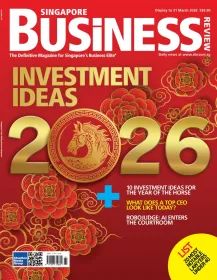
 Advertise
Advertise
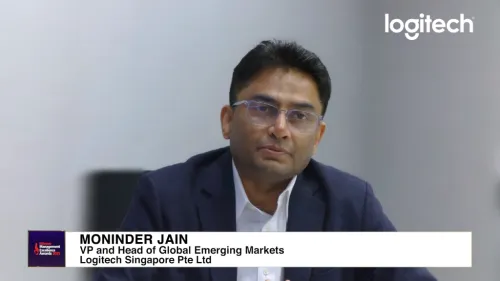


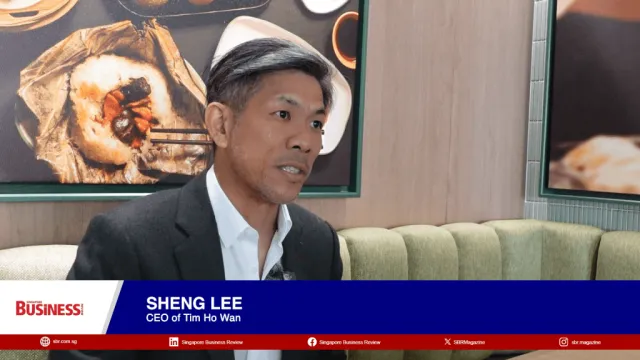
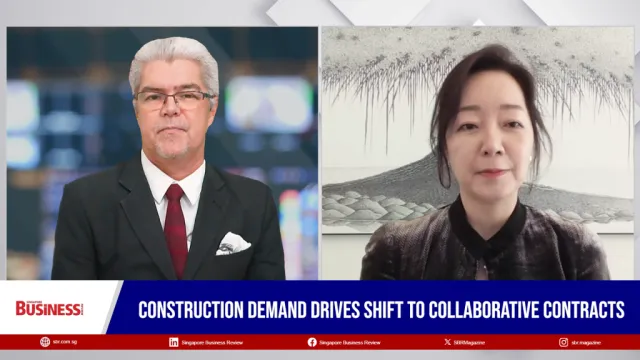
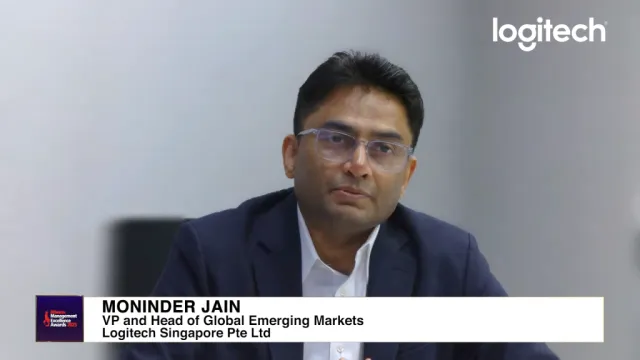
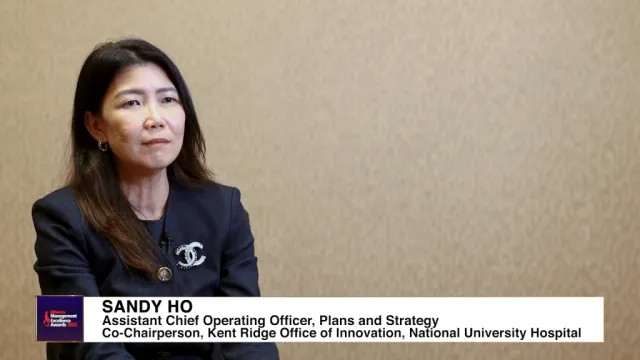









Commentary
Supercharge your brand with a compelling Brand Story
Supercharge your brand with a compelling Brand Story
Knowledge is competition: How to manage employee branding
What you need to know about Singapore's compulsory saving scheme
Five lessons every entrepreneur can learn from watching the Olympics
3 challenges in user key management
Heartlands are alive with the sound of music
How to solve your employee’s primary cause of stress
The new world manager
7 recruitment trends to watch out for in 3Q12
Here's why more Singaporeans are into yachting
Is your data costing you money?
Lee Kuan Yew, the world’s first country marketing director, built the Singapore country brand
Communication before strategy
How to succeed in B2B public relations
Are you capturing the right audience on Facebook?
3 signs of a nervous business negotiator
Instilling integrity in Singaporeans